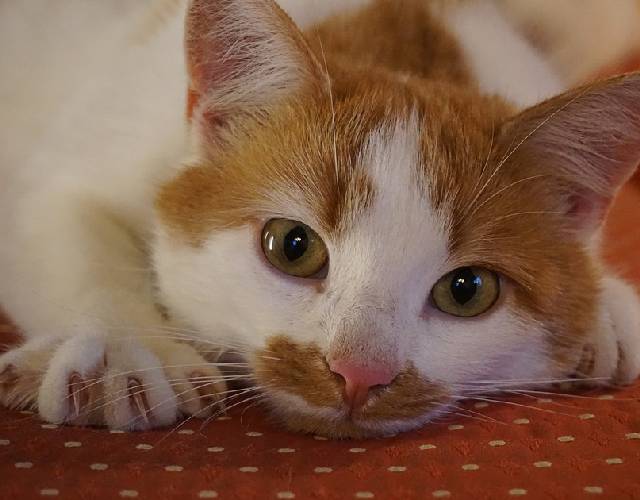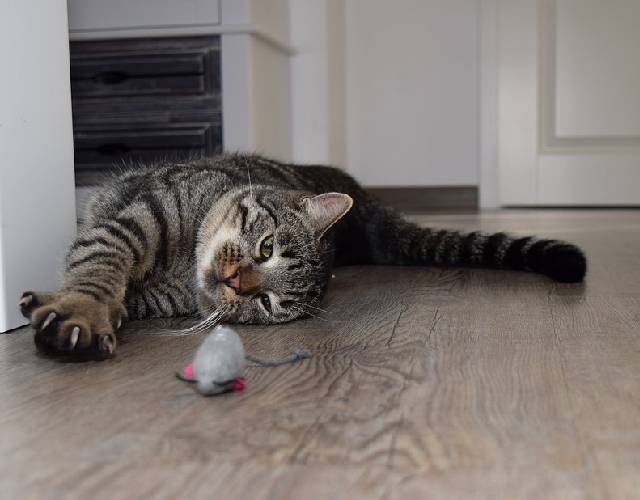When it comes to the declawing of cats, there are two conflicting views. Animal activists argue that the elective surgery is incredibly inhumane and other people proclaim it should remain an option for “medical reasons.”
The practice of declawing cats is already banned in 22 countries, and now, some cities and states have filed legislation that aims to do the same.

While it may commonly be referred to as “declawing,” the provocative procedure involves more than just the removal of our feline friends’ nails. The surgery involves amputating the entire last bone of each toe, back to the first joint. The tendon, bone, and muscles that control a claw’s extension and retraction are severed and permanently removed.
“Look at your hands, it’s the equivalent of your fingers or toes being chopped off at the first knuckle,” says Virginia Democratic state Del. Wendy Gooditis.

If not treated properly, post-op incisions can become infected. Plus, cats are forced to spend days recovering while enduring painful wounds on each toe. Cats are digitigrade, meaning they walk on their toes and not the soles of their feet. So after surgery they’re forced to walk on their fresh lacerations and to relearn how to walk and balance now that their bodies have been eternally augmented.
Animal activists and some veterinarians claim it’s cruel to cats as it deforms their bodies and impedes their natural instincts to climb and scratch.
“It’s a needless and painful mutilation that results in decreased mobility, chronic pain, and mental anguish that can manifest as avoidance of a litterbox and hiding due to a feeling of vulnerability,” says PETA spokesperson Catie Cryar.
The American Association of Feline Practitioners claims that most declawing is not medically necessary and that “scratching is a normal feline behavior.” Scratching serves as stress relief and is done to stretch their muscles and tendons in their toes, paws, legs, and shoulders. They advocate for cat parents to train their furry family members to use specific scratching posts instead of furniture.

Alternatively, the opposing view is against a blanket ban and deems the procedure to be “medically necessary” for certain owners. Cat scratches may inhibit infectious disease lab employees the ability to work as they would have to stay home for two weeks or until their wounds heal. In another case, two HIV-positive people wanted to minimize their risk of bleeding from potential cat scratches.
Those against blanket bans claim they undermine veterinarians’ ability to make medical decisions based on a cat or their owner’s needs. In some states, local veterinarians have actually helped defeat proposed bans.
The first state to prohibit declawing was New York, back in 2019, and Maryland did the same last year. Now, lawmakers in more than a dozen states have filed legislation this year. Last month, both the Illinois and New Hampshire House approved bills to prohibit declawing. Now it’s up to their state senate.
Even some U.S. cities, including Washington, D.C.; Pittsburgh and Allentown, Pennsylvania; Austin, Texas; Denver; Madison, Wisconsin; St. Louis; and eight cities in California already have their own bans.
